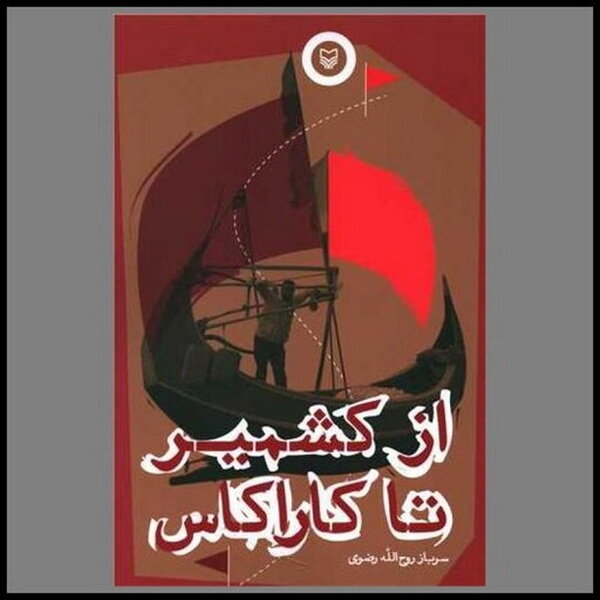Each chapter of “From Kashmir to Caracas” takes a clear journey and is beautifully presented in both words and photographs that provide valuable details about the city and route.
In addition to documenting destinations, the book also travels to conflict zones such as Gaza, Kashmir, and Myanmar, highlighting the struggles of people there.
Author Ruhola Razabi shares experiences from the caravan of peace and humanitarian missions, highlighting solidarity and activity.
A trip to Mecca and Venezuela further explores diverse cultures and religious practices. Razabi’s cosmopolitan spirit shines through his adventures.
Born in Kashmir to Kashmir parents who moved to Iran after the Islamic Revolution in Kashmir, Razabi studied at the Iranian University of Science and Technology and Al Mustafa International University in QOM.

The first chapter details his journey to Gaza and his proposed peace plan for war-torn Syria.
Razabi’s political commentary is open, criticizing global power and defending justice and self-determination.
Ultimately, “From Kashmir to Caracas” is a tapestry of adventure, activism and reflection.
It acts as a call to action and encourages solidarity with global issues with those fighting for a better future.
Razavi’s experience highlights the power of human connection and the enduring potential of hope and resistance, providing a window into the lives of those facing injustice.
About the author
“I was born in Kashmir, and both my mother and father are Kashmiri. At the beginning of the Iranian revolution, my father left his life and work in Kashmir, came to Iran only for the love of Iran, came only for the love of Imam Khomeini (ra), and we were with him too,” the author says of himself.
This book does not move away from political commentary. Razabi offers his perspective on the conflicts he witnesses, often criticizing the role of global forces, and defending justice and self-determination for the oppressed.
He sees travel not only as leisure activities, but as a form of resistance, and a way of witnessing the suffering of others.
Reported by Tohid Mahmoudpour

